On November 26, Ho Chi Minh City University of Law in collaboration with Friedrich-Ebert-Stiftung (Germany) organized a scientific workshop on "Legal framework and policies to promote decent employment development in Vietnam in the context of digital transformation", attracting many domestic and foreign experts to attend and discuss.
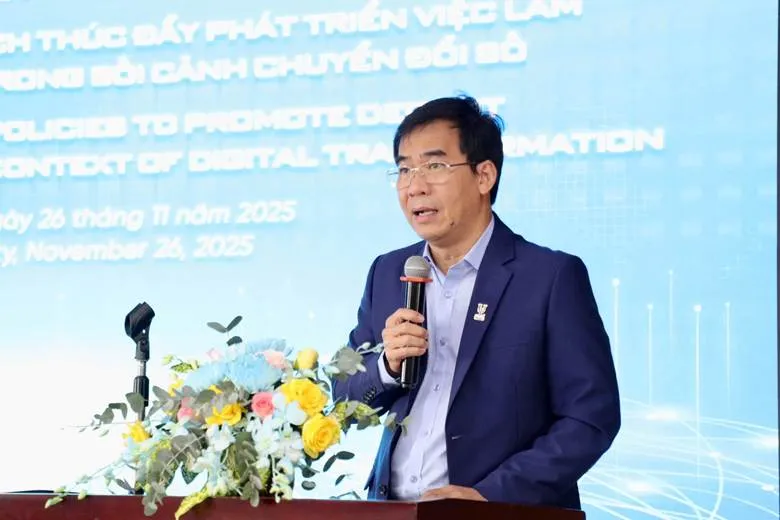
In his opening speech, Dr. Le Truong Son, Rector of Ho Chi Minh City University of Law, emphasized that developing human resources to meet the requirements of digital transformation is one of the strategic breakthroughs stated in Resolution No. 57-NQ/TW of the Politburo on breakthroughs in science, technology, innovation and national digital transformation, focusing on developing high-quality human resources for science, technology and digital transformation.
Digital transformation has become an important driving force for economic growth, while also posing new challenges in terms of employment models, labor relations, vocational skills, especially the role of law in regulating the digital labor market.
In that context, building a legal framework and policies on decent work is an urgent task to ensure that all workers are given fair, safe and comprehensive development opportunities.
At the workshop, Associate Professor Dr. Nguyen Huu Chi (Hanoi Law University) said that it is necessary to clarify the understanding of the group of "workers without labor relations" in the 2019 Labor Code. This concept is increasingly associated with the group of workers in the "Gig economic model" - those who work through digital platforms such as ride-hailing apps, delivery...
According to Associate Professor Dr. Nguyen Huu Chi, relying solely on labor contracts to determine labor relations is no longer appropriate in the context where workers are governed by algorithms, service standards and mechanisms set by platforms.
From a comparative perspective, Dr. Le Thi Thuy Huong (Ho Chi Minh City University of Law) gave an example of Singapore - a country that enacted the Platform Workers Act in September 2024 to regulate the operations of ride-hailing and delivery platforms.
The Act allows platform workers the right to form and join Platform Workers Associations (PWAs) and bargain collectively with platform operators.
The Act also guarantees basic social security rights such as occupational accident insurance for platform workers and occupational safety and health protection measures.
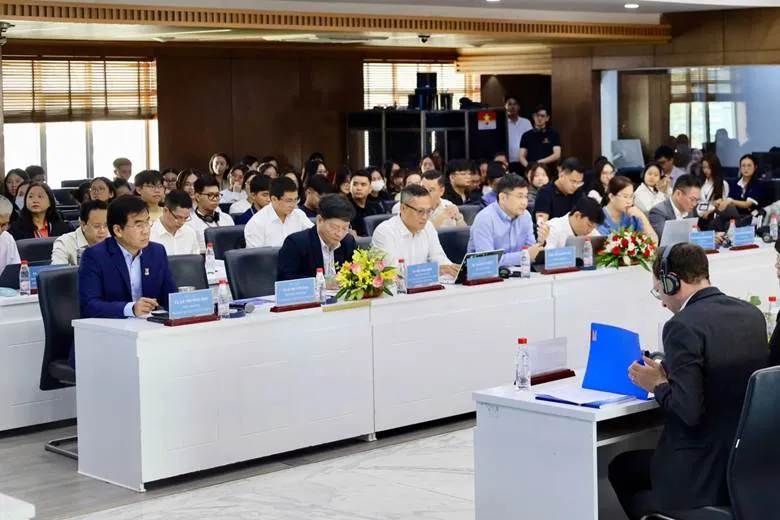
According to experts, international experience shows that a modern legal framework for platform workers does not necessarily “frame” them as traditional employees, but must ensure a minimum level of rights, bargaining power and access to social security.
This is an approach that Vietnam can consider in the process of amending and perfecting labor laws in the digital age.
Source: https://www.sggp.org.vn/hoan-thien-khung-phap-ly-cho-viec-lam-trong-thoi-dai-so-post825549.html


![[Photo] Close-up of heavy damage at the school located on the banks of the Ban Thach River](/_next/image?url=https%3A%2F%2Fvphoto.vietnam.vn%2Fthumb%2F1200x675%2Fvietnam%2Fresource%2FIMAGE%2F2025%2F11%2F26%2F1764152130492_ndo_bl_img-8188-8805-jpg.webp&w=3840&q=75)









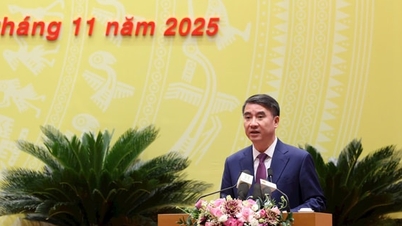








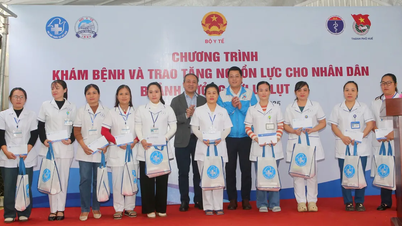
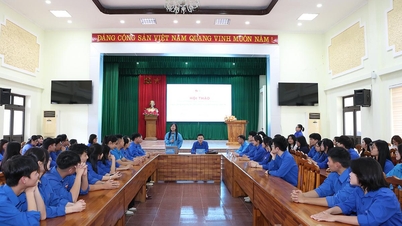











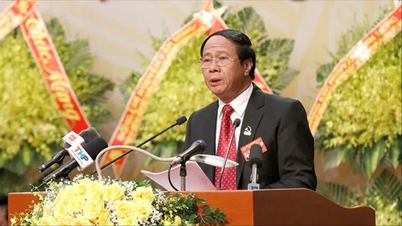




![[Photo] Opening of the 28th Session of the Hanoi People's Council](/_next/image?url=https%3A%2F%2Fvphoto.vietnam.vn%2Fthumb%2F1200x675%2Fvietnam%2Fresource%2FIMAGE%2F2025%2F11%2F26%2F1764155991133_image.jpeg&w=3840&q=75)





















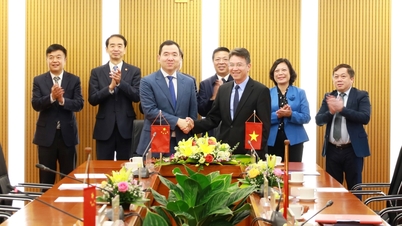




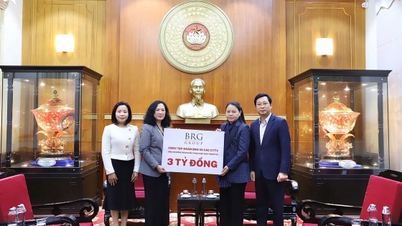























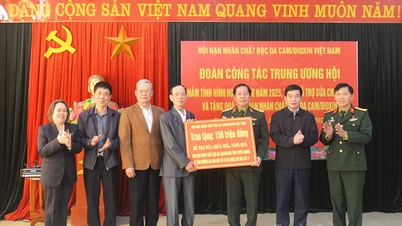

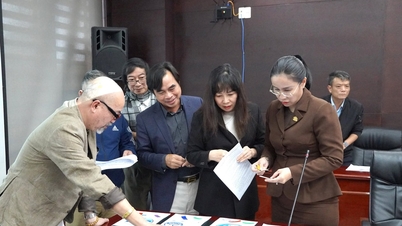

















Comment (0)